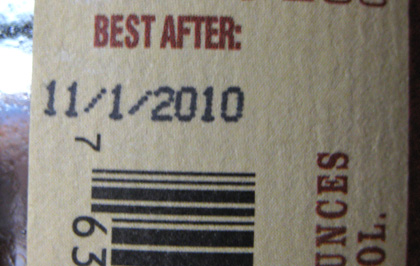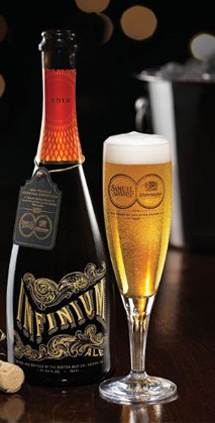An investment group led by J. Smoke Wallin has finalized the purchase of Napa Smith Brewery & Winery, making it part of a family of companies which includes Pelican Brands. Napa Smith Beer is currently in 17 states, and will be available nationally by the summer of 2011. Earlier this year, Napa Smith appointed Pelican Brands as its exclusive sales representatives in the United States.
For the press release announcing the deal had closed:
J. Smoke Wallin, Chairman & CEO of Pelican Brands and Napa Smith Holdings, said, “The craft beer business is the fastest growing category of beverage alcohol in America. Napa Smith has all the right attributes to become one of the few truly global brands of craft beer – amazing beer from one of the most respected names in the craft brewing industry, distinctive packaging, Napa terroir. These attributes combined with our Pelican Brands global distribution capability, experienced management team and our access to capital give us all the necessary elements to achieve great success.” Wallin continued, “This acquisition is a great strategic fit combined with Pelican Brands as we build a global sales and brand platform, of both owned and agency brands. We look forward to building Napa Smith into an iconic craft beer brand with President Steve Morgan and Master Brewer Don Barkley.”
Steve Morgan, President & COO of Napa Smith Holdings stated, “This is a very positive development for our business. In 2010 Napa Smith – through Pelican’s sales and distribution platform – has expanded into 17 states. With the capital, resources and relationships that Pelican brings to the mix, our beer will be available nationally by mid 2011. Napa has become known world-wide for great wines, and deservedly so. We are proud to hand-craft our beer here in Napa Valley with the same level of quality and attention to detail that built Napa’s global reputation.”
Don Barkley, Master Brewer said, “I’m doing what I love to do – brewing great beer. Smoke and the whole Pelican team are my kind of people. They appreciate the importance of brewing beer right. At the same time, they bring scale and resources that will help Napa Smith reach many more thirsty consumers, which is something I’m passionate about!”


 The much anticipated release of a collaboration beer between the Boston Beer Company and German’s Weihenstephan has been set for early December.
The much anticipated release of a collaboration beer between the Boston Beer Company and German’s Weihenstephan has been set for early December.